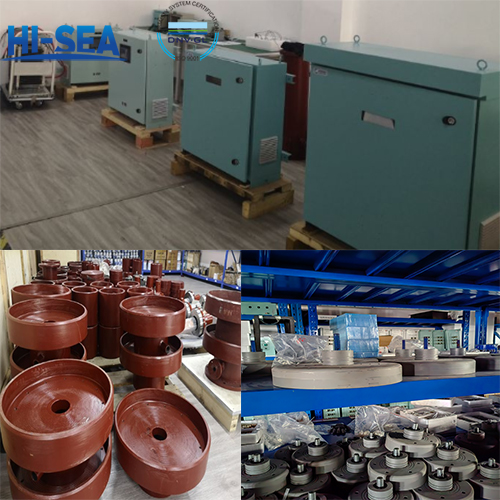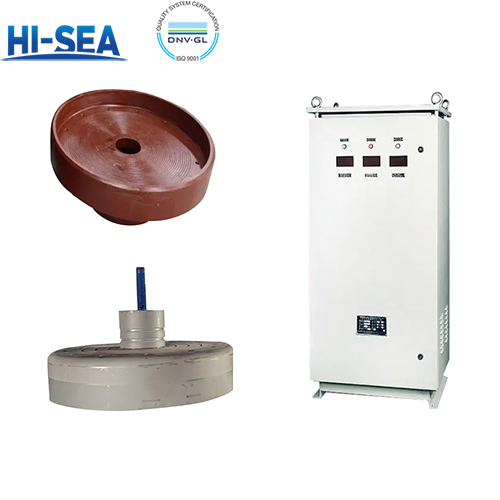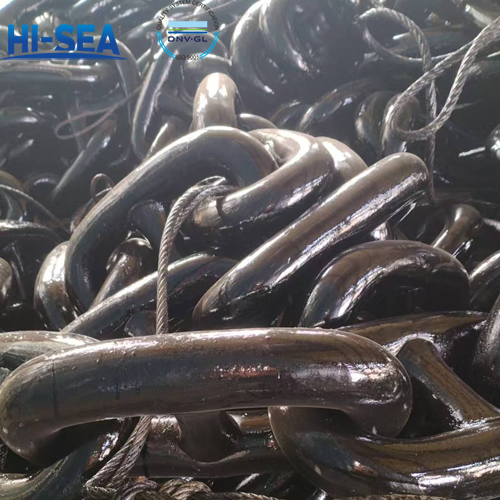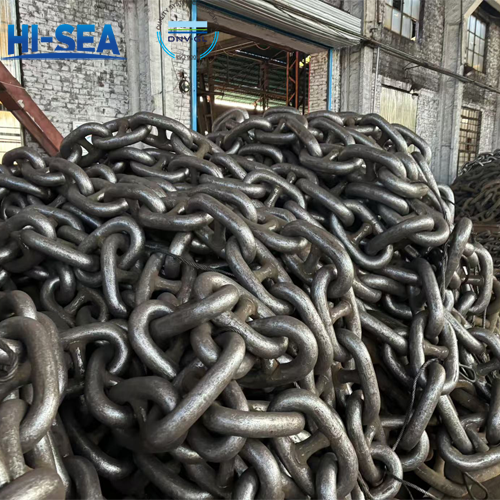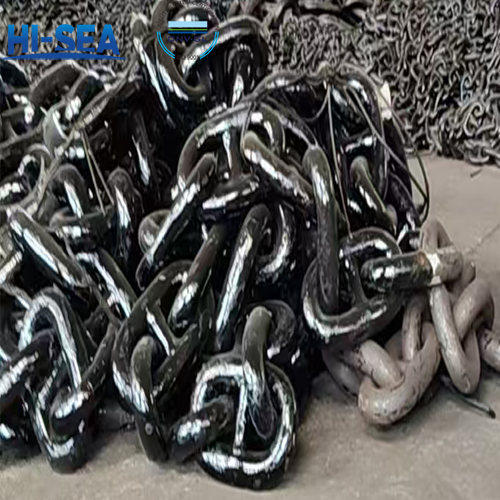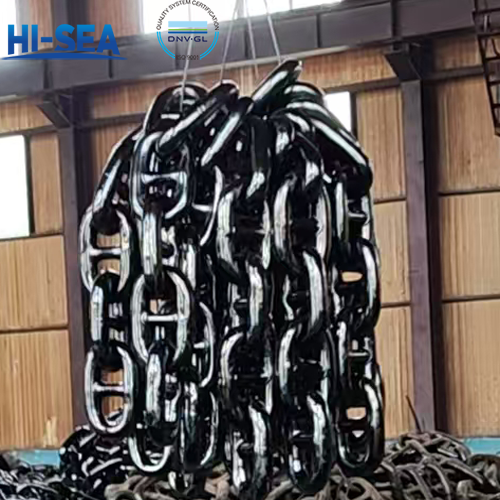
ICCP for Ship
ICCP stands for Impressed Current Cathodic Protection. It is a method of protecting metal surfaces from corrosion by making them the cathode of an electrochemical cell. Unlike sacrificial anode systems, ICCP uses an external power source to provide a continuous current to counteract the electrochemical reactions that cause corrosion.
Overview
How ICCP Works
Cathodic Protection Principle
Corrosion occurs when metal surfaces come into contact with seawater, creating electrochemical reactions that cause the metal to degrade.
Cathodic protection works by making the metal surface (the hull) the cathode of an electrochemical cell, thereby preventing its oxidation and corrosion.
Components of ICCP System
Anodes: ICCP systems use inert anodes made of materials like titanium coated with a noble metal oxide.
Power Supply: A DC power source is used to impress a current onto the ship’s hull.
Reference Electrodes: These measure the electrochemical potential of the hull and help regulate the current to maintain the desired protection level.
Control Unit: Manages the system, ensuring the correct amount of current is delivered to provide adequate protection.
Operation
The anodes are placed on the hull of the ship below the waterline.
The DC power supply provides current to the anodes, which then flow through the seawater to the hull.
This current flow changes the electrochemical environment around the hull, preventing the oxidation (corrosion) of the hull material.
Why Choose ICCP Over Sacrificial Anodes for Your Vessel
For large vessels and fleets engaged in long-term operations, Impressed Current Cathodic Protection (ICCP) systems offer significant advantages over traditional sacrificial anode methods:
Long-lasting and Adjustable Protection: ICCP systems provide continuous, stable protective current from an external power source. They can automatically adjust based on hull condition, sailing speed, and water quality, ensuring the hull is always maintained at the optimal protective potential.
Lower Lifecycle Cost: Although the initial investment is higher, ICCP system anodes have a lifespan of 15-25 years. Unlike sacrificial anodes, they do not require frequent replacement, resulting in substantial savings on dry-docking maintenance and material costs in the long run.
Effective in High-Resistivity Waters: In freshwater or low-salinity waters, sacrificial anodes lose effectiveness, whereas ICCP systems can deliver sufficient protective current.
Reduced Hull Drag and Fuel Consumption: The streamlined design of ICCP anodes reduces water flow resistance more effectively compared to protruding sacrificial anode blocks.
Hisea ICCP System: Engineered for Reliability & Efficiency
Our ICCP system is not merely a collection of standard components, but a complete solution integrating advanced technology and engineering expertise:
Intelligent Control Unit: Utilizes adaptive algorithms to monitor and optimize current output in real-time, maximizing protection effectiveness while achieving energy savings of up to 20%.
High-Performance Mixed Metal Oxide (MMO) Anodes: Our titanium-based MMO anodes feature extremely high current efficiency, extremely low consumption rates, and can withstand higher current densities, with a lifespan far surpassing industry standards.
Robust Silver/Silver Chloride Reference Electrodes: Provide exceptionally stable and precise potential measurements, forming the cornerstone for accurate system control.
Compliance with International Standards: All system design and manufacturing comply with the specifications of major classification societies of CCS.
Picture of ICCP for Ship
